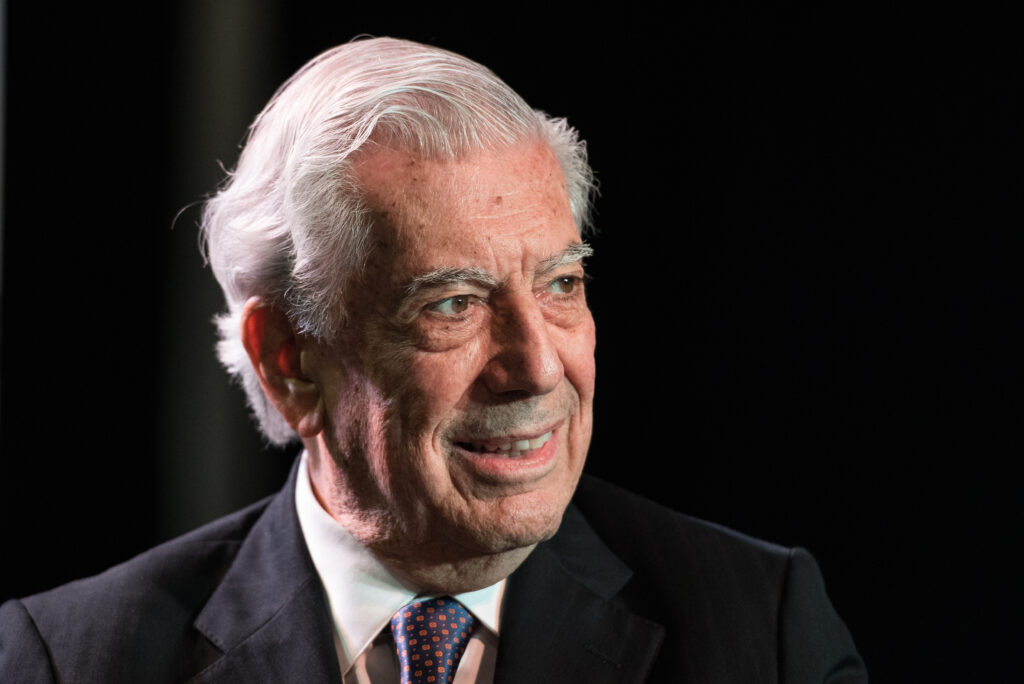Beloved Peruvian author and Nobel Prize winner Mario Vargas Llosa died at the age of 89 in Lima. His death marked the end of a literary era, and Peru declared a national day of mourning in his honour. Fans from all over the world paid tribute to the man they called an “eternal scribe.”
Vargas Llosa’s writing shaped modern literature and touched readers across generations. His novels, such as The Feast of the Goat, Conversation in the Cathedral, and The Time of the Hero, brought attention to Latin American politics and culture. He was widely seen as one of the most powerful voices in world literature.
A Nation and a World in Mourning
After the news broke, Peru’s government praised his “intellectual brilliance” and vowed to preserve his legacy for future generations. The streets of Lima saw people gather with candles and flowers to pay their respects.
World leaders and fellow writers joined the outpouring of grief. Spain’s Prime Minister Pedro Sánchez called him “a master of words” and thanked him for his insight into the human condition. The Spanish royal family also expressed sorrow through social media, remembering the author’s deep bond with Spain.
Vargas Llosa received Spain’s prestigious Prince of Asturias Award in 1986. Over the years, he remained closely connected with the Spanish-speaking world, even becoming a member of the Royal Spanish Academy (RAE).
Tributes From the Literary Community
RAE member Darío Villanueva spoke of Vargas Llosa as “brilliant, generous, and deeply human.” He remembered how Vargas Llosa helped promote the Spanish language and enriched global literature with his thoughtful use of words.
Many also recalled his entrance speech to the Academy, which he dedicated to Spanish writer Azorín. The speech showed not only Vargas Llosa’s love for language but also his deep respect for literary history.
His influence reached far beyond novels. He was also a columnist, essayist, and critic. His “Touchstone” column in Spain’s El País newspaper offered bold reflections on politics, history, and culture.
The Peruvian writer was never afraid to share his views, even if they were controversial. He believed that literature had the power to spark change, and he stood firm in using his voice for what he thought was right.
A Literary Giant With Global Reach
Born in Arequipa, Peru, in 1936, Vargas Llosa’s journey to fame was filled with hard work and courage. His early novel The City and the Dogs drew attention for its bold take on life in a military academy and sparked debates about discipline, violence, and freedom.
Over the decades, he wrote more than 20 novels, countless essays, and several plays. His work earned global awards, including the 2010 Nobel Prize in Literature. The Nobel Committee praised him “for his cartography of structures of power and his trenchant images of the individual’s resistance, revolt, and defeat.”
His style was influenced by writers like Gustave Flaubert and William Faulkner. Still, Vargas Llosa added his unique voice, blending realism with deep philosophical questions about society.
He also ran for the presidency of Peru in 1990, showing that his interest in politics was not just in books. Though he lost the election, the move highlighted his commitment to national issues.
Remembered Across Continents
Outside of Peru, fans in Madrid held candlelight vigils and placed flowers near bookstores. Social media flooded with quotes from his novels, and readers shared how his stories helped them see the world in a new light.
His passing has sparked fresh interest in his works. Bookstores reported increased sales, and schools in Latin America began planning reading events in his honour.
Scholars say that his writings will continue to be studied for years to come. His ability to turn complex political and social issues into gripping narratives made him a guide for understanding the modern world.
A Timeless Voice
Mario Vargas Llosa leaves behind a legacy that goes beyond pages. He taught readers to question power, fight for truth, and embrace the richness of language. While the world mourns his passing, his words live on.
As Villanueva said, “His absence cannot be filled, but his words remain forever.”


